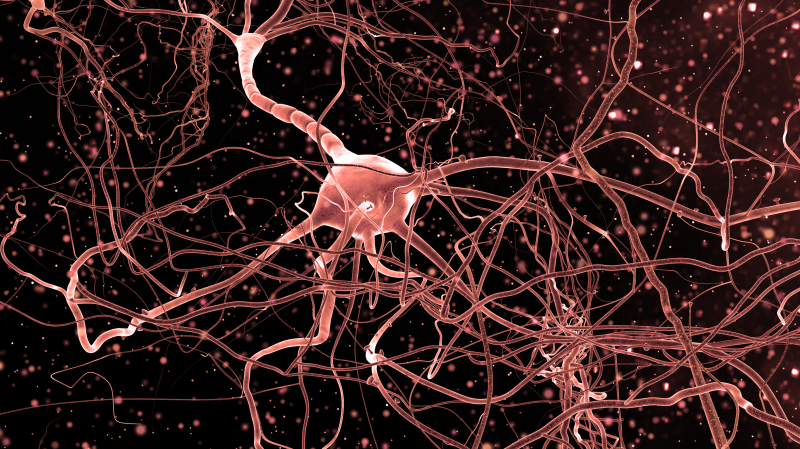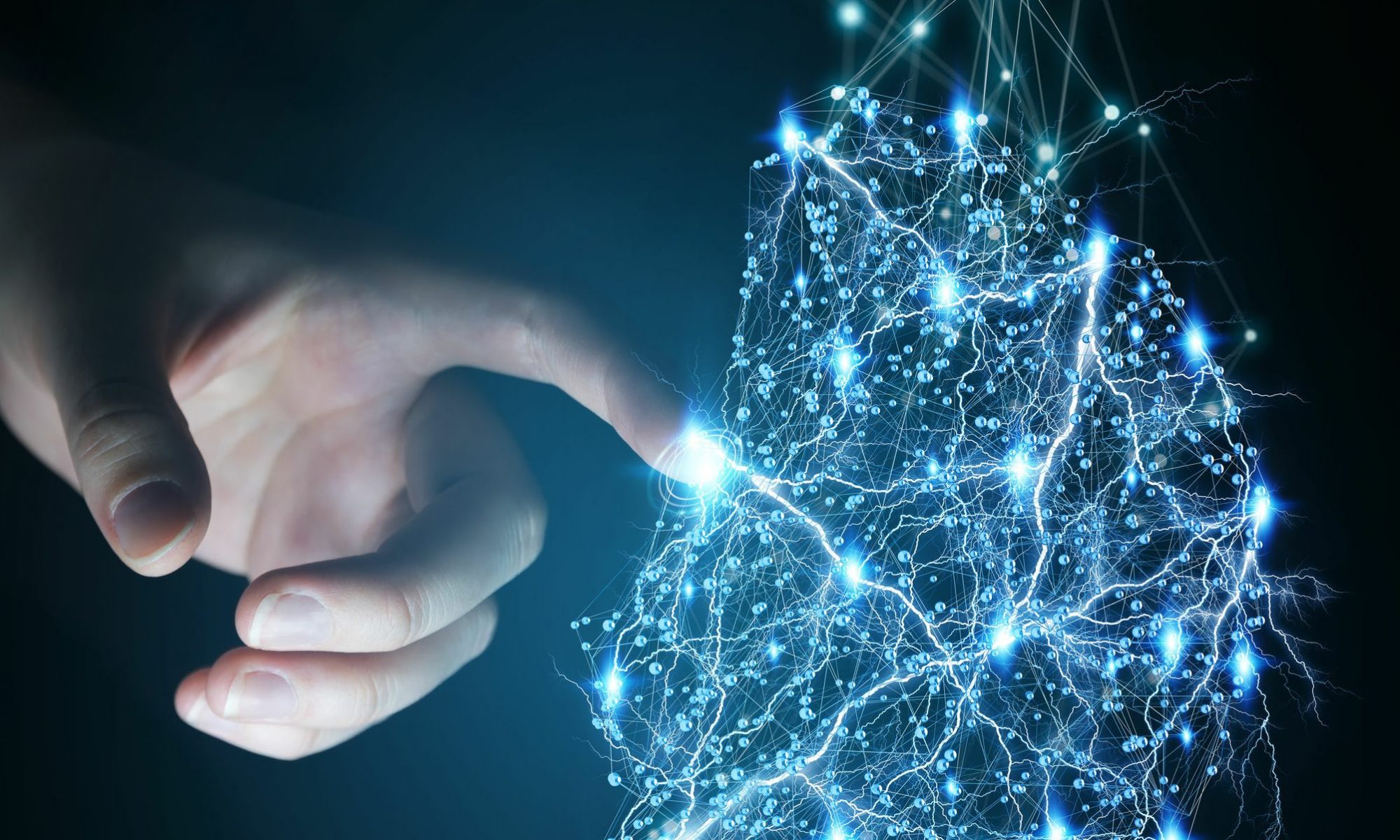
We are on the same team, we all work for the same goal, I treat him as a team mate, and he shows off before the boss with the solutions and ideas that I share with him, putting me into the shade
The Emotional System has a hand in this, the codes of regulation of membership and rank contribute to the generation of the line of conduct of our triad of subjects, before any thought, indifferent to the identities of the people at stake.
Identities that the Emotional System is not given to recognize, it does not know what they are, it cannot know: they are very ancient codes, generated through countless generations to foster community life and coordinated action of several subjects, codes that we find in many other species, they are not our exclusive.
Even the Emotional System cannot fail to function, in its root the work of the Nociceptive System and of the Proficeptive System is incessant, every element generated by the sensorial system is finely processed and then integrated: and the Emotional System makes its honest labour, in face of every environments configurations it proposes its best ways to deal with.
It has some, and among these we collect the indications that relate to belonging (and not-belonging), recognition of rank and merit: our team Champion complains, is sad and angry, the colleague does not behave as his code indicates that he should do.
Do not overshadow the companions to show off before the boss, this violates membership and merit: being both vital conditions to be achieved, the displeasure associated with the violation of the emotional code peremptorily signals a threat to survival.
And again, the Emotional System indicates the way to deal with what threatens, attack-destruction or escape: in our developed social world, normally, there are very heavy limits both to attack and escape.
It seems there is no way out, impossible to deactivate the Emotional System, impossible to exclude the painful signal, impossible to attack or flee, we need to find a different solution: the most common is to endure the discomfort, paying the price of a relationship strongly exposed to deteriorating, low levels of cooperation and collaboration, in short, say goodbye to the team.
And maybe putting in place neutralizing devices of the attack, in this case throwing a few sharp elbows to make themselves more visible for the boss, trying to give the colleague a taste of his own medicine.
Of course we find at least another emotional code, which supports the conduct of the "betrayer": It is the dependence code, antecedent on which the Helper is partly founded, and that, in this case, according to the narration of our champion of the teamwork , seems to have had more weight than the other codes.
As we noted earlier, when the Emotional System fails to solve a problem, the Operational Thought System can try to identify a different and more complex solution: our Champion could use a better knowledge of our systemic nature, in particular of our emotional codes, in order to be able to access an elaboration of the issue that reduces the destructive potential.
In order to be able to accept, for example, that the other, even in this case, as any living entity, is doing its best and can do nothing but do its best, considering also the possibilities to help him get what he needs, maybe getting that the other adopts a more favourable course of action.
The operation is certainly complex, also and especially for the connections, still not highlighted, with the operating of the Ego System: the "knowledge" concerning the control of the interaction with our fellows is, more than the other, critical and delicate for our sophisticated Ego System, which we will soon be dealing with.
The Emotional System, which we share still today with the species that preceded us, has more or less 90 million years, a lot older than our Thought Systems: so it is not surprising that its functioning still dominate a large portion of the human behavior.
As with most of our systems, integrated with the Nociceptive and Proficeptive Systems, the execution of its codes accompanies the activation of the Proficeptive System (signal: We are happy), the blocking, the non-execution to the activation of the Nociceptive System: our Champion exhibits cues of sadness and rage, as well as verbal observations about his emotional state.
For some time it has been noted that the complexity of our social life requires to endure ever increasing degrees of discomfort, discomfort related to the need to inhìbit what is commonly called instinctive behavior, and that now, with greater precision , we recognize as emotional codes: the simplest solution, for our Champion, is the physical elimination of the betrayer, a strongly unadvisable solution.
The discomfort risks to be improperly understood, we risk confusing the "alarm" related to the output of an environment configuration potentially threatening (expulsion from the group, disfavour of the leader, devaluation of our merits) with the alarm related to the non-execution of the action indicated by the emotional code.
Thus risking to discard alternative viable solutions, in the examined case for the recovery of collaboration and transparency maybe obtainable with more "sophisticated" behaviors, because constantly subjected to the scourge of the discomfort related to the inhìbition of the course of action indicated by the emotional code, relentlessly reported by the Nociceptive System.
A better knowledge of our systemic nature helps to identify more appropriate ways of managing the alarms of all our systems, accepting the pain, sometimes even intense, that is only the substance of the alarms, while we elaborate more effective courses of action to obtain favourable configurations of environments.
Elaboration that mostly takes time, is not immediate, the solutions are not immediate, as the emotional system peremptorily requieres, the discomfort can not disappear immediately: during this technical lead time , the discomfort, now understood in its nature, must be borne, and attenuated as far as possible.
While still accepting that even after we have found acceptable and realistic solutions, the Emotional System returns to be felt...
